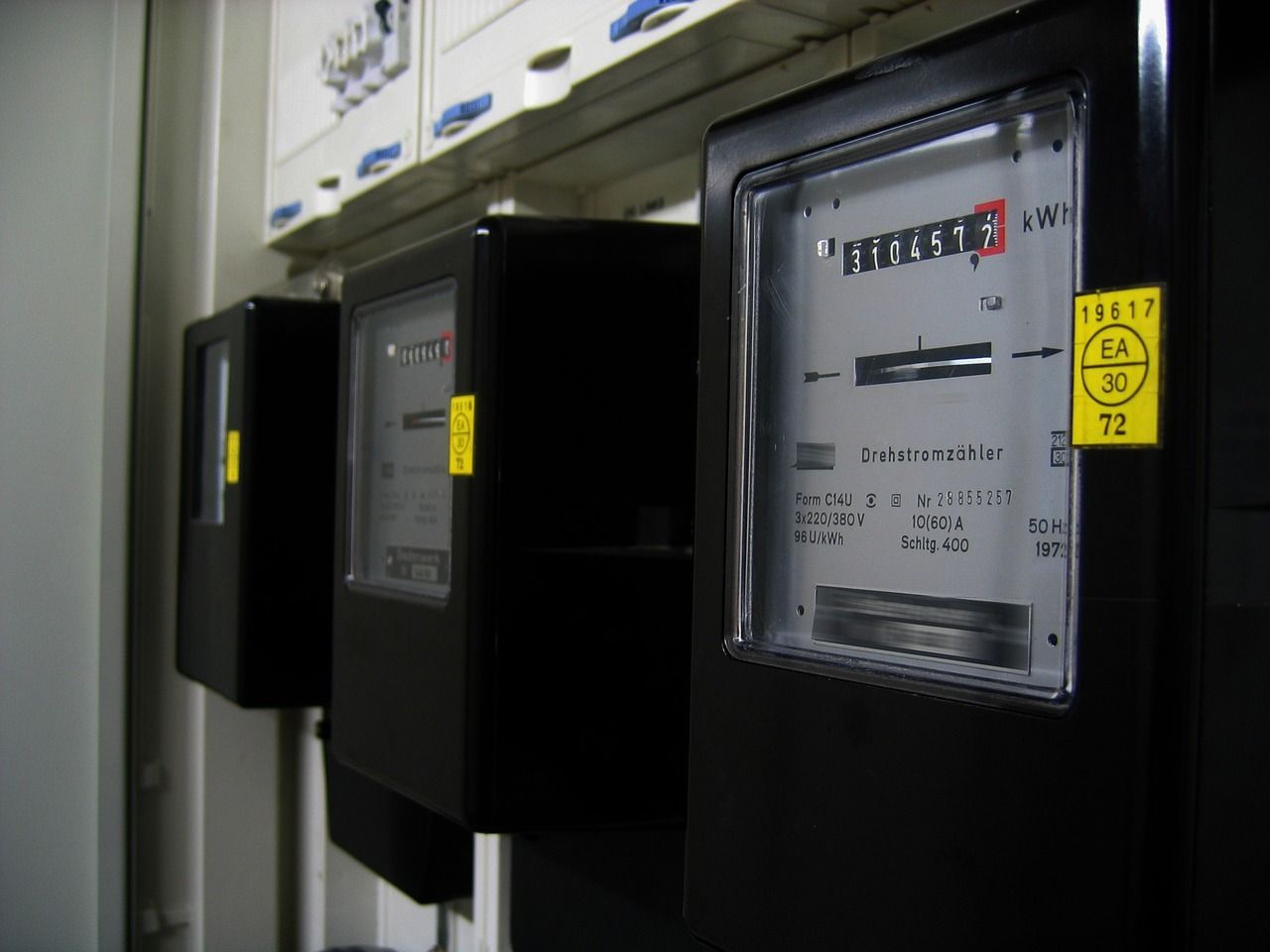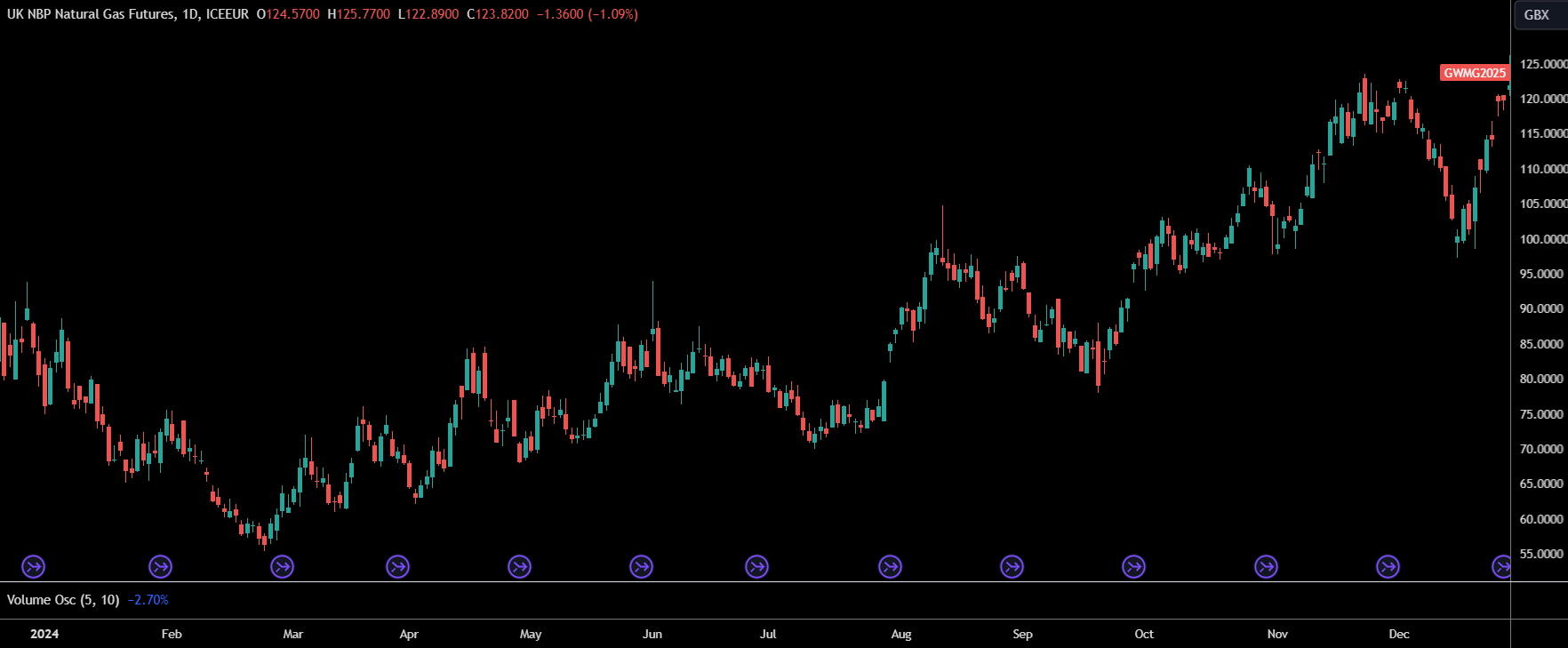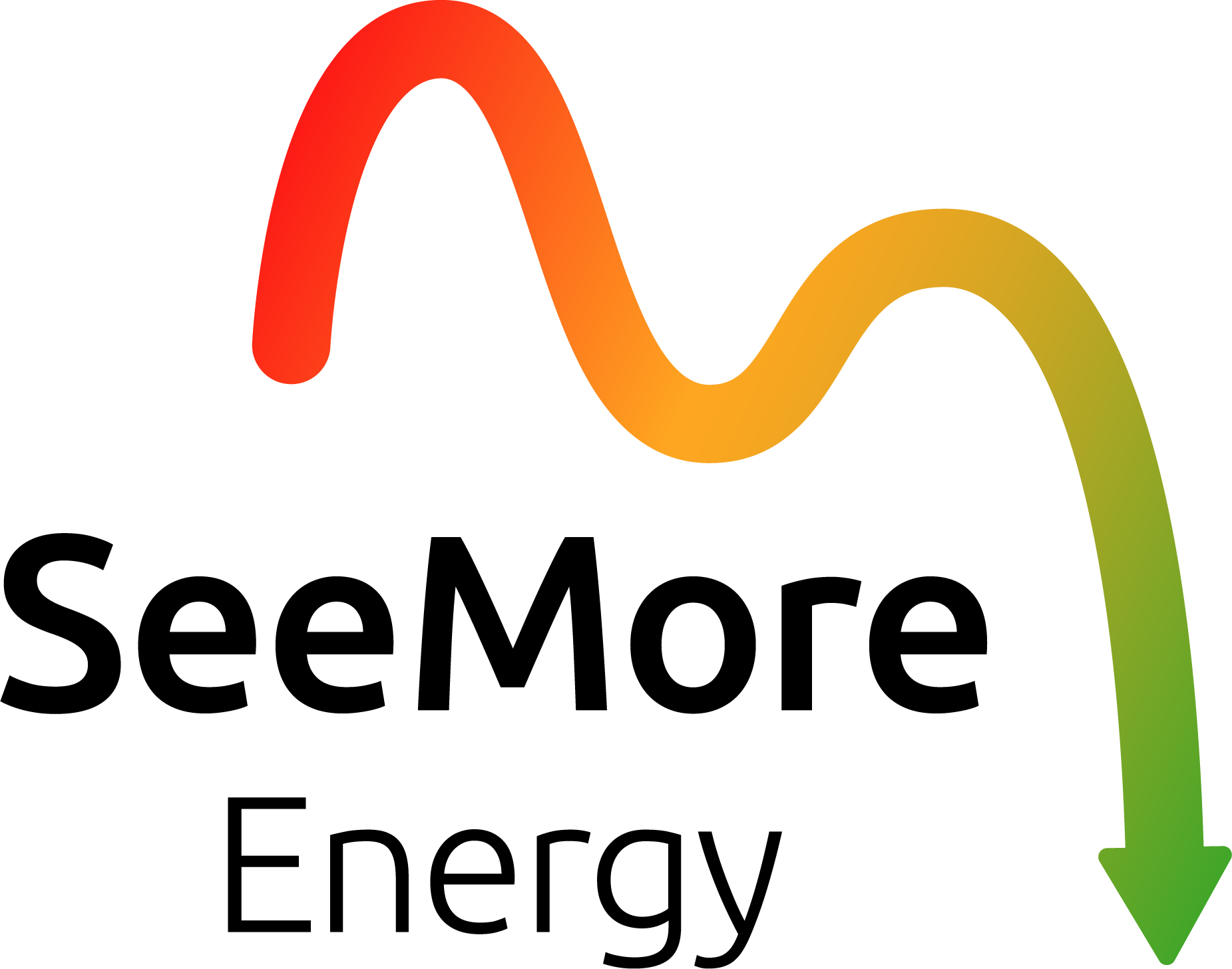Understanding Your Energy Bills: Meter Reads
Understanding Meter Reads and Avoiding Estimated Bills
In today's world of rising energy costs, keeping a close eye on your household bills is more important than ever. One way to ensure you're paying for the exact amount of energy you use is by understanding meter reads.
What is a Meter Read?
A meter read is simply the recorded measurement of your energy consumption, typically electricity or gas. This measurement is taken by a representative from your energy supplier or captured electronically by a smart meter. Traditional meters have dials with numbers that rotate as you use energy, while smart meters display the reading digitally.
Taking a Meter Read Yourself
While many suppliers now rely on smart meters for automatic readings, some households might still have traditional meters. There are various types of meters, and how to take the read can vary between them. We have published a free guide for how to take meter reads covering various meter types. If you would like a copy of this guide, leave your email address in the form at the bottom of this page and we will send you a free copy.

Why are Meter Reads Important?
Meter reads are crucial for ensuring accurate energy bills. When your supplier doesn't have a recent meter read, they estimate your usage based on past consumption or averages for similar properties. While estimates can be helpful in some situations, they can often be inaccurate, which can lead to overcharging.
Imagine a scenario where your electricity supplier consistently estimates your usage for several months. Let's say, for example, they consistently overestimate your usage by 20% each month for six months. This means you'd be unknowingly paying an extra 20% on your bill every month. Over a six-month period, this could amount to a significant sum of money.
By regularly submitting meter readings, you can ensure your bills reflect your actual usage, preventing such overcharges.
Alternatively, if you are under-paying by 20% each month, you can then be left with an unpleasant lump-sum to pay when the supplier eventually checks how much energy is actually being consumed.
Benefits of Providing Meter Reads
There are several advantages to submitting meter readings yourself:
- Accurate Bills: As mentioned earlier, meter reads ensure you're charged for the exact amount of energy you use, preventing overcharges due to inaccurate estimates.
- Budgeting: Knowing your exact energy consumption allows you to better understand your usage patterns and budget accordingly. This can be particularly helpful if you're looking for ways to reduce your energy consumption and save money.
- Identifying Leaks or Faults: Sudden spikes in your meter readings could indicate a potential leak in your gas pipes or a faulty appliance using excessive energy. Regular meter reads can help you identify such issues early on, saving you money on repairs and wasted energy.
How Often Should You Submit Meter Reads?
The frequency of submitting meter reads depends on your supplier and billing cycle. Some suppliers might read your meter themselves every few months, while others may rely on you to submit readings periodically. We recommend always submitting a meter read on the final day of the month to ensure accurate bills.
Taking Control of Your Energy Bills
By ensuring accurate readings, you can avoid overcharges and gain valuable insights into your energy usage patterns. This knowledge can help you make informed decisions about your energy consumption and potentially save money on your bills. So, the next time you receive an estimated bill, consider taking a meter read and submitting it to your supplier. It's a simple step that can make a significant difference in your energy budget.
If you would like more information on meter reads and how to take them, add your details in the form below and we will send you free PDF copies of our guide to taking meter reads.
free guide of how to read your meters










